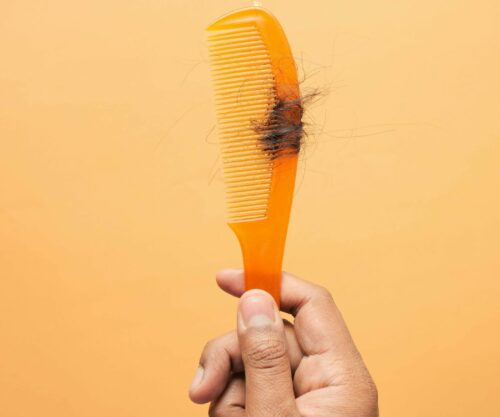
Your smart wristwatch might be helping you track steps and monitor your heart rate, but have you ever stopped to think about what else it might be carrying? Recent studies suggest that these handy devices can harbour bacteria if not cleaned regularly, especially since they’re in constant contact with your skin.
From sweaty workouts to everyday wear, your watch can quickly become a breeding ground for germs. With a little attention to hygiene, you can keep your wristwatch—and your health—in check.
The Cleveland Clinic claims that a study found that bacteria can be found on various types of wristbands, including cloth, plastic, and rubber. It is further stated that bacterial infections can cause discomfort, gastrointestinal issues, and heart and lung damage. ”Risk levels increase if you’re immunocompromised or are around someone whose immune system is weakened (That was one of the main concerns cited by the authors of the watchband study.)”
According to Euro News, a study by a university in Nigeria has found that wristbands made of gold and silver have the lowest amount of bacteria. The study also found that plastic and rubber wristbands may provide a more suitable environment for bacterial growth. The researchers found that Staphylococci, Enterobacteria, and Pseudomonas families are the most common bacteria found in wristbands.
There is no real guidance on how often to clean wristbands, but it depends on how busy you are with your hands and whether you’re at the gym. For people who are not immunocompromised, the presence of these bacteria on personal items should not be that concerning, but it does remind us to sanitize things.
Also see: Is there a possible link between HMPV and kidney health?




